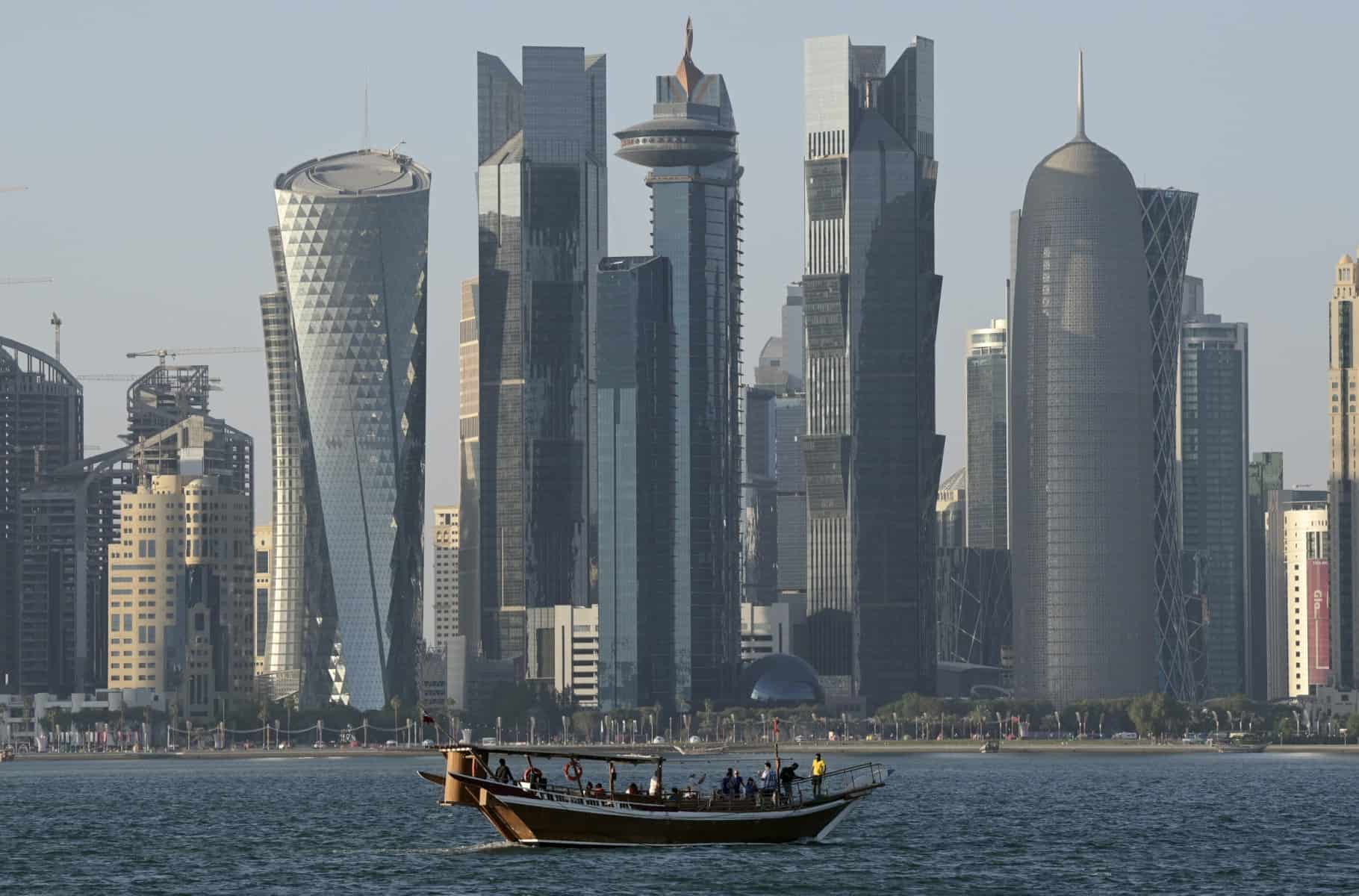Doha, Qatar— Inflation in Qatar is expected to fall in 2024, according to Ali bin Ahmed Al Kuwari, the Minister of Finance.
In a press conference on Thursday, the minister said that the inflation witnessed in Qatar in 2023 was temporary and associated with a specific period and reasons, such as a surge in food prices. He added that inflation rates are returning to their average levels, which rank as the best in the region and globally.
He outlined that next year’s budget will adopt a conservative approach in estimating oil and gas revenues, in line with international best practices, and to achieve a strong financial plan suited to withstand fluctuations in energy markets.
As a result, an average oil price of $60 per barrel has been set, compared to $65 in 2023. This will lead to an 11.4 percent decrease in the anticipated revenue generation for 2024.
He noted that the total expenditure in the 2024 budget will be QR 200.9 billion (approximately $55.1 billion), a 1 percent increase compared to the current year’s budget.
He noted that estimates for next year’s total oil and gas revenues are projected to be QR 159 billion, compared to QR 186 billion in 2023, which represents a decrease of 14.5 percent decrease. Regarding non-oil revenues, His Excellency noted that they are estimated to reach QR 43 billion, an increase of approximately 2.4 percent compared to the current year’s budget.
In this context, he confirmed that the 2024 budget will focus on driving forward the third National Development Strategy (NDS3) objectives of enhancing non-oil sectors, where goals were set for the potential growth of this sector by 2030.
Speaking on securing Qatar’s economic sustainability, he praised a 4.3 percent growth in the industrial sector in the first half of the current year, and the success of the tourism sector in offsetting the slight decline in construction – in which Qatar achieved a record number of 3.54 million visitors from the beginning of the year until last November.
In addition, the minister underscored the significance of taxes in diversifying the country’s revenues and managing its economy during crises, noting that while current conditions do not favor the imposition of new taxes, taxes on harmful products, such as sweetened and carbonated drinks, aim to safeguard public health.
Driving forward Qatar’s commitment to enhancing strategic partnerships between the public and private sectors, Al Kuwari affirmed that the 2024 budget will provide various opportunities to include private sector entities in national projects, including the development of government schools, and the Al Wakrah and Al Wukair wastewater project.
For the second consecutive year, and in line with Qatar’s continued dedication to developing health and education, allocations for the two sectors have increased, with both amounting to 20 percent of the total new budget.
As for health sector spending, 11 percent of the budget has been set, with a large portion dedicated to developing the National Cancer Hospital, establishing a psychiatric hospital specializing in mental health, renovating and redeveloping structures within the Medical City, including the Hamad Medical Corporation hospital buildings, as well as establishing healthcare centers in Umm Ghuwailina and Khalifa City.
Meanwhile, 9 percent of the budget will be used for education sector projects, including the modification and expansion of 16 existing schools to further enhance their infrastructure and academic facilities and increasing the allocations for education vouchers for students with disabilities – all with the aim of facilitating a greater learning environment and accommodating to the evolving needs of students and teachers alike.
As a result of Qatar’s commitment to repaying external debt and the growth of its Gross Domestic Product (GDP) at current prices, Qatar’s public debt shrank from 58.4 percent of GDP in 2021 to approximately 42.5 percent in 2022 and is expected to continue to fall to 39.4 percent in 2023, and 37.4 percent in 2024.

